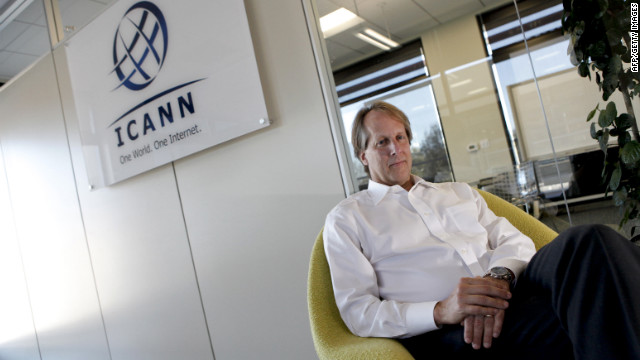Those who know me well know that I have an intense interest of the English language, often annoyingly so.
The Board of ICANN (the non-profit corporation that co-ordinates the internet’s naming system,) like most companies in the English speaking world, records its decisions by way of written Resolutions.
In my own company, we do something similar. — It’s needed to documents important decisions taken by the ‘corporate mind’. For example: “The Board resolved to open a bank account with the London branch of Bloggs Bank’.
But for some reason, ICANN peppers its Board resolutions with arcane and archaic rehearsals of fact before getting to the meat of the decision recorded.
“WHEREAS it is recognised that blah blah blah”
For all we Brits look to the USA as being modernistic and at the forefront of new things, American English — which., in the study of linguistics is regarded as a quite separate language to BBC English, Scots or Irish English — yet has so many archaisms which survive into everyday use and are redolent of pre-Revolutionary 18th century English.
For example, Americans are always surprised that we don’t have felons any more. (This is because European society has evolved and moved on from the view that someone who commits certain criminal offences cannot ever be rehabilitated, and therefore after serving their sentence must continue to be punished in pettifogging ways like being ineligible to vote forever — we think this promotes recidivism).
Other words, like ‘beverage’ are mutually understandable, but seem quaint, and almost never used in England in common speech. So, no one in England would ask: “Would you like a beverage” (except in a deliberately affected manner for humorous effect ( usually when the beverage concerned was alcoholic) in nature. The word ‘bevvy’ on the other hand, deriving from the same root, WAS a very common dialect word in my home country, and it invariably meant beer. (Clue: my father taught at the school atttended by John Lennon and Paul McCartney).
Anyway, back to ‘Whereas’. Really, I don’t see the point. Wherefore the nub, in fact!.
(The word ‘wherefore‘, contrary to the common misapprehension does not relate to location, but means ‘why?‘. Juliet was not inquiring where her paramour was hiding as is usually believed, but was bemoaning the fact that she was a Hatfield and he was a McCoy).
But always assuming that it is helpful to rehearse factual background before recording Board Decisions decision, Plain English must be preferable, surely?
Kieren McCarthy, CEO of dot-nxt has started a campaign to reform the wording used by ICANN’s boarrd resolutions. It’s a laudable goal, and I support it.
But for myself, I think I’ll suggest replacing it with ‘the Humble Petition of the gNSO sheweth that ..’
 It’s easy to throw rocks at ICANN, which has once again good-naturedly blundered into a hornet’s nest. So I won’t.
It’s easy to throw rocks at ICANN, which has once again good-naturedly blundered into a hornet’s nest. So I won’t.